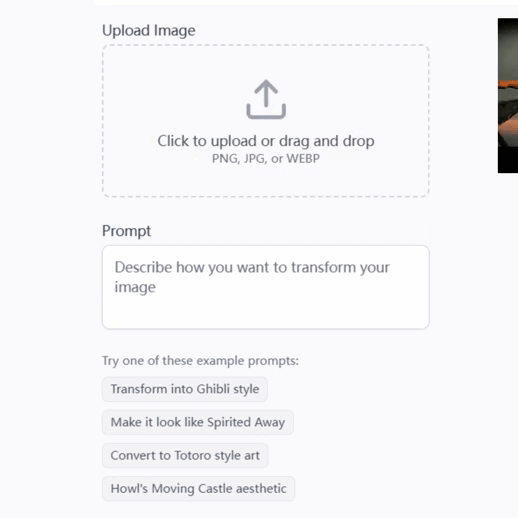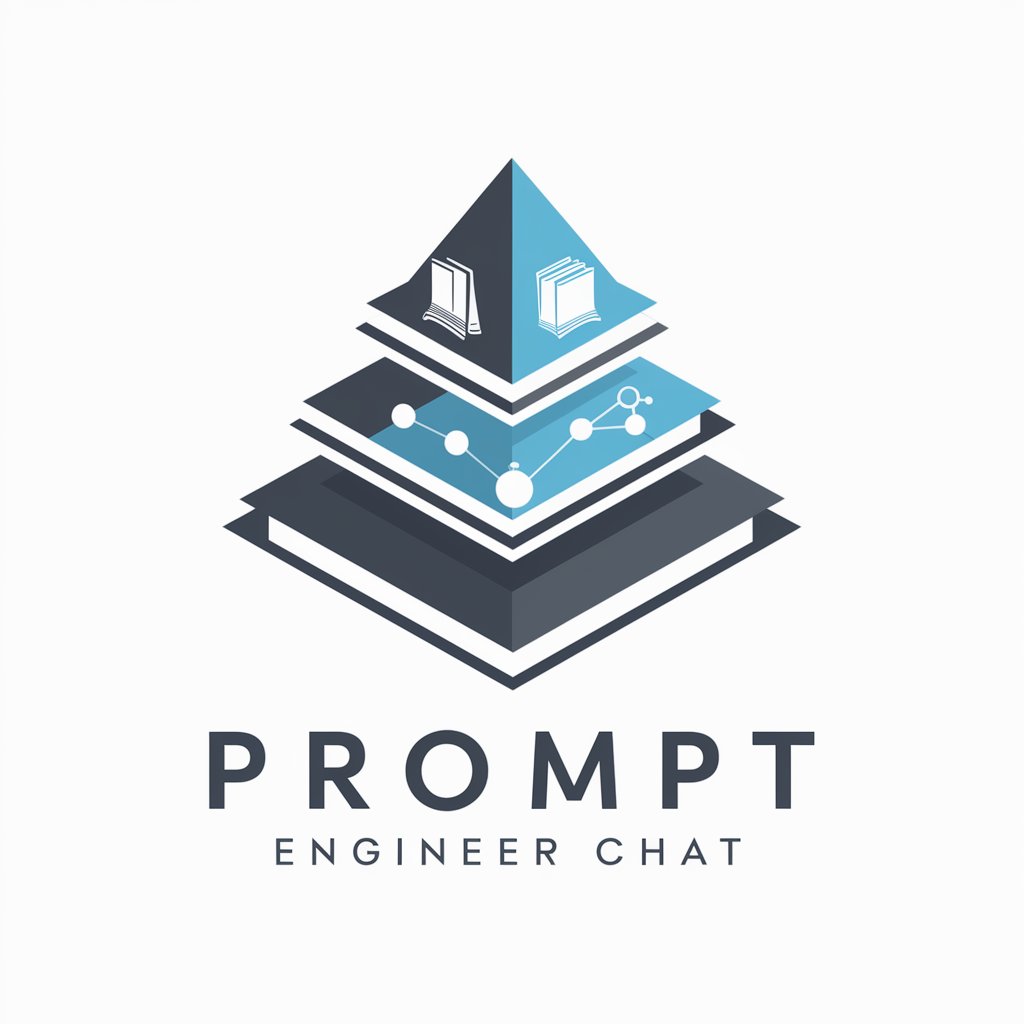
Bus Engineer - Bus Protocol Tool
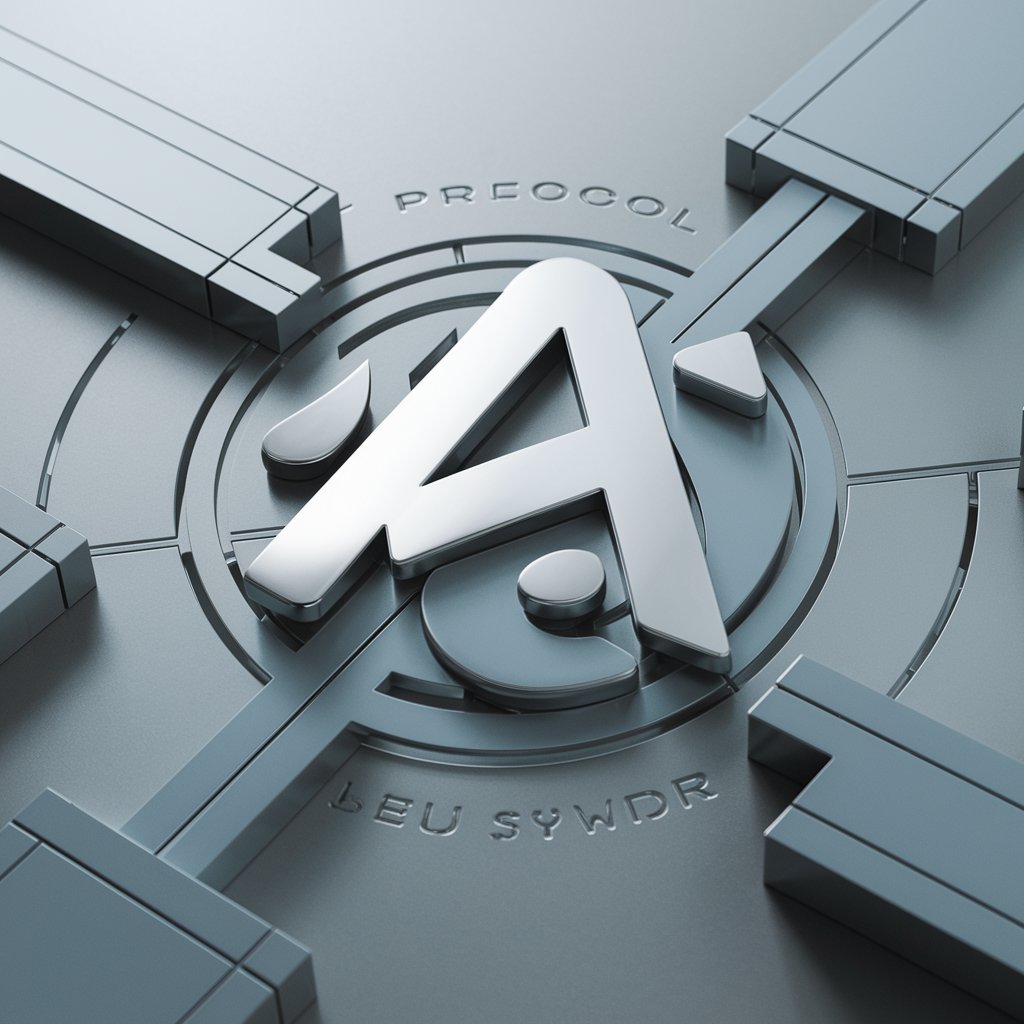
Welcome to Bus Engineer, your guide to electronic bus systems.
Optimizing Bus Systems with AI
Describe the key requirements for developing an efficient electronic bus system...
Explain the differences between various existing bus protocols...
What physical components are essential for creating a new bus layer...
Discuss the feasibility of integrating multiple protocols within a single bus system...
Get Embed Code
Introduction to Bus Engineer
Bus Engineer is a specialized GPT model designed to assist with protocol development and hardware interfacing for electronic bus systems. It supports users in designing, analyzing, and refining bus systems and their interfaces. Key activities include the collection and refinement of requirements, documentation, analysis of physical and electrical aspects of bus systems, comparison of existing bus technologies, discussion on feasibility of new layers, and protocol development. Examples of its utility include assisting in the design of a new communication protocol for industrial automation or optimizing an existing bus system in a consumer electronics product for better performance and reliability. Powered by ChatGPT-4o。

Main Functions of Bus Engineer
Requirement Analysis
Example
Collecting user requirements for a new CAN bus implementation in an automotive application.
Scenario
A team designing a new vehicle model needs to ensure that all sensors and actuaries communicate effectively. Bus Engineer helps by guiding the team through requirement collection, validation, and documentation, ensuring all critical communication needs are met and documented.
Physical/Electrical Bus Analysis
Example
Comparing I2C and SPI for a small-scale embedded system.
Scenario
An electronics developer is deciding between I2C and SPI for connecting low-speed peripherals to a microcontroller. Bus Engineer assists in analyzing the physical and electrical characteristics of both buses, offering insights into speed, cost, and complexity, aiding in making an informed decision.
Protocol Development
Example
Designing a proprietary protocol for a secure home automation system.
Scenario
A home automation company wants to develop a secure, proprietary communication protocol that ensures privacy and efficiency. Bus Engineer supports the development process by discussing existing protocols, potential new protocols, and assists in documenting the new protocol's design and implementation strategies.
Ideal Users of Bus Engineer
Electronic System Designers
This group includes engineers and designers working on the development of electronic systems where bus systems are crucial. They benefit from Bus Engineer by gaining access to detailed analyses and comparisons of different bus systems, helping them choose and design the best solution for their needs.
Automotive Industry Professionals
Professionals in the automotive industry, particularly those involved in the design and integration of vehicle communication systems, find Bus Engineer invaluable for optimizing the complex network of bus systems required in modern vehicles.
Academic Researchers and Students
Students and researchers focusing on electrical engineering, especially those involved in projects related to communication protocols and bus systems, use Bus Engineer to enhance their understanding and contribute to innovative solutions in their academic and project work.

How to Use Bus Engineer
Step 1
Visit yeschat.ai to explore Bus Engineer through a free trial, no login or ChatGPT Plus subscription required.
Step 2
Identify the specific bus system or interface problem you want to address to better leverage the tool's capabilities.
Step 3
Utilize the structured, step-by-step guidance provided by Bus Engineer to collect, refine, and document your requirements.
Step 4
Engage with the tool to explore various bus systems and protocols, comparing them to find the best fit for your project.
Step 5
Use the detailed markdown documentation generated by Bus Engineer to review and share your project's requirements and specifications.
Try other advanced and practical GPTs
Bus Buddy
Navigate Gothenburg with Ease
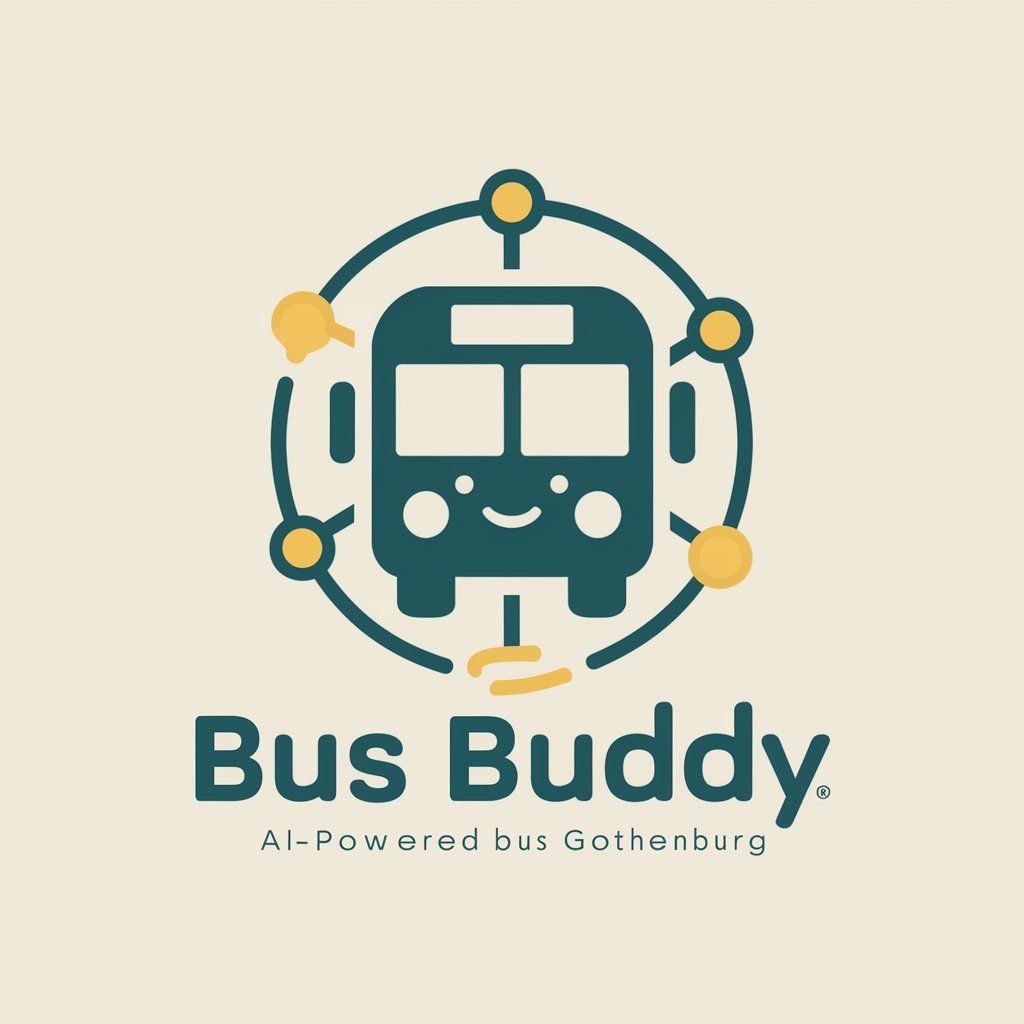
Canada Bus Route Search
Navigate Canada, AI-Driven Maps

Explore Toronto
Unlock Toronto's Best with AI

GreenPath Toronto
Empowering Eco-Friendly Disposal with AI

Toronto
Discover Toronto with AI

Discover Toronto
Explore Toronto with AI-powered insights

Bus and Coach Expert
Unlocking Bus and Coach Secrets with AI
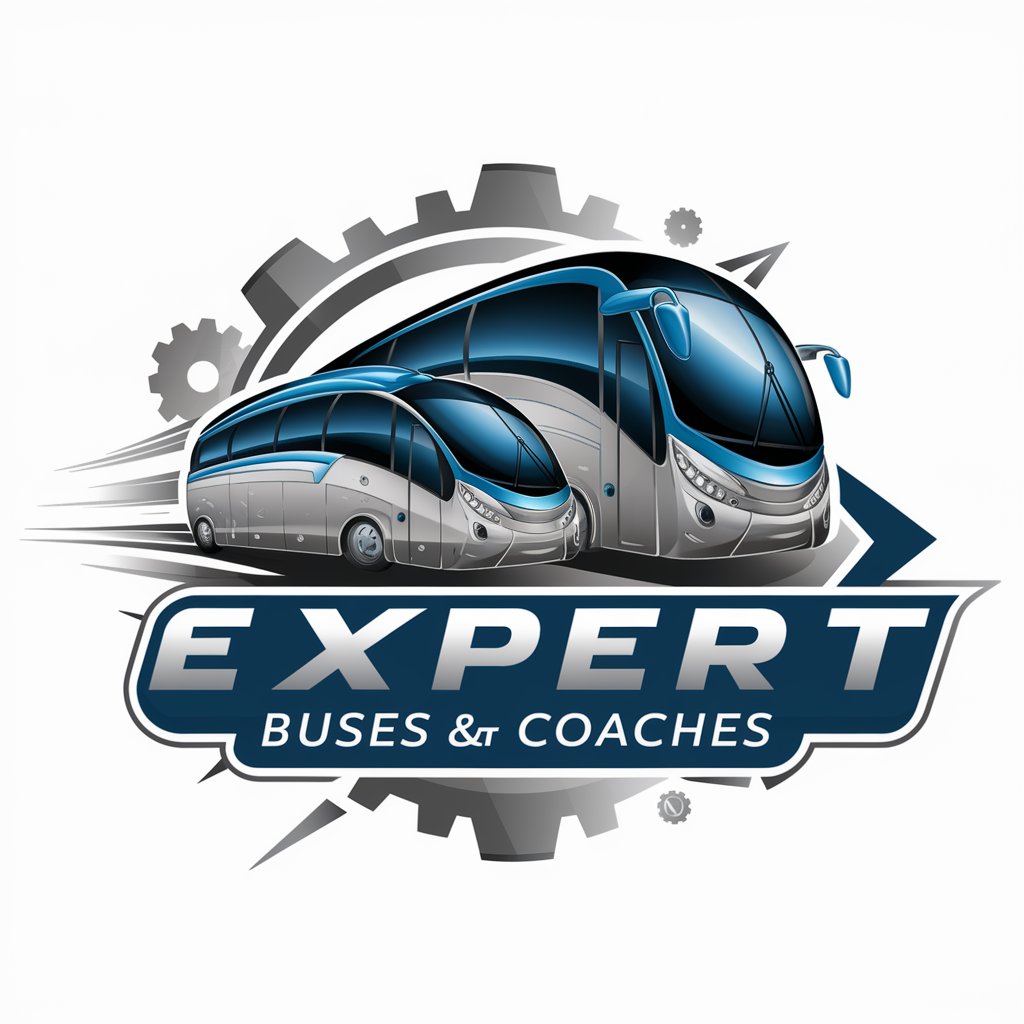
Bus-King
Streamline your shopping with AI-powered precision.

Bus Uncle
Real-time bus timings, the witty way.

Doctor Law
Empowering legal understanding with AI

Law Professor
Empowering legal learning with AI

Family Law
Empowering Legal Solutions with AI

Detailed Q&A about Bus Engineer
What is the main purpose of Bus Engineer?
Bus Engineer is designed to aid in protocol development and hardware interfacing for electronic bus systems, providing structured guidance for documenting and comparing bus systems and protocols.
Can Bus Engineer help with creating new bus protocols?
Yes, it supports the development of new bus protocols by allowing users to compare existing protocols and explore the feasibility of new ones, including necessary software libraries.
What are the primary industries that can benefit from using Bus Engineer?
Industries such as automotive, aerospace, consumer electronics, and embedded systems, which rely heavily on bus systems for device communications, can benefit significantly from using Bus Engineer.
Does Bus Engineer offer support for documentation?
Yes, it includes functionality to create comprehensive markdown documentation of your bus system and protocol requirements, aiding in clear communication and project documentation.
How does Bus Engineer handle different bus standards?
Bus Engineer provides tools for comparing and analyzing different bus standards such as CAN, SPI, and I2C, helping users select the most appropriate for their needs.
